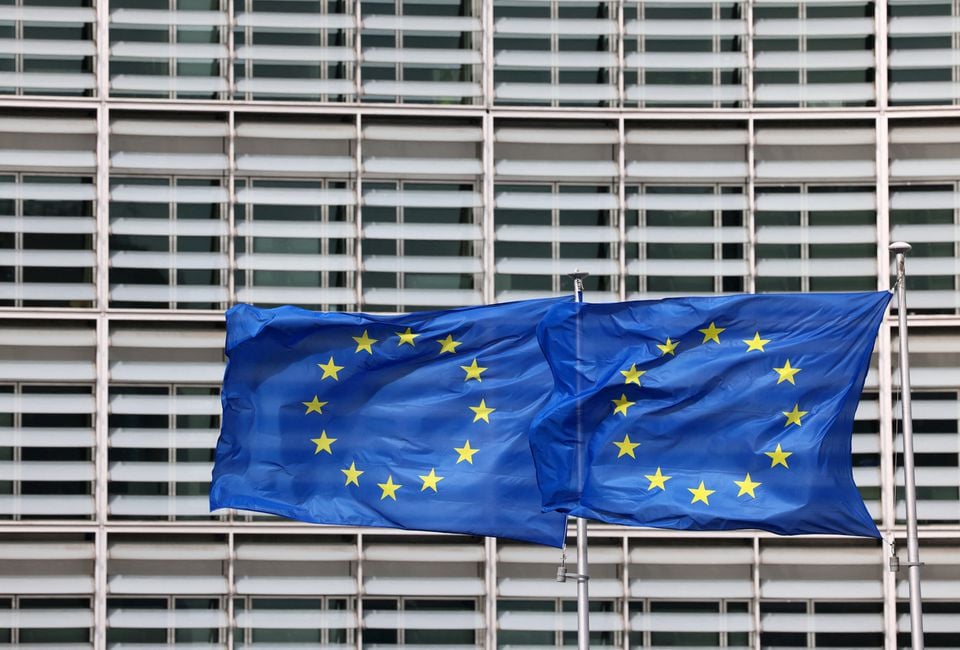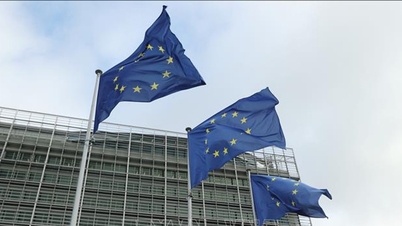The Digital Markets Act (DMA) is one of the world's toughest pieces of legislation targeting the markets of the world's leading technology companies, and is also aimed at making it easier for people to switch between competing services, such as between social networks, internet browsers and app stores.

Photo: Reuters
On Wednesday (September 6), the European Union Commission designated 22 services from major tech companies to interact with rival services and allow users to decide which apps can be pre-installed on their devices.
These companies include Alphabet, Amazon, Apple, Meta, Microsoft, and ByteDance. The companies have been given six months to comply. Here's how the new rules could impact each service:
Advertising must be transparent
Under the DMA, services from designated Big Techs will now have to get explicit consent before tracking users for advertising purposes.
Business customers using online advertising services provided by Amazon, Google and Meta will also have the right to request data collected in connection with their campaigns, a valuable resource often kept hidden by the platforms.
App Store Exclusivity
Apple and Google will be forced to provide space for third-party app stores on iOS and Android devices.
Currently, Android users can install apps from alternative sources, but the process often requires them to disable certain security settings.
Industry experts have predicted "a slew of alternative app stores will emerge once the new rules come into effect." That will also give rise to "an increase in exclusive deals, where certain games and apps may only be available for download through certain stores."
No more default apps
Consumers will no longer be forced to use default apps on their devices, such as the Safari web browser on iPhones or Google Maps on Android phones.
Big tech companies should make it easy for users to switch from their default app stores, web browsers, navigation tools, and more on their devices to alternatives.
For example, Big Tech platforms need to provide users with a “choice screen” with multiple options when initially setting up their device, like using Safari or Chrome.
No ranking on e-commerce, search engines and social media
Commercial services like Amazon, Facebook's content feed and Google's search engine would be banned from giving preferential rankings to their services and products.
Amazon is facing global scrutiny following allegations that it has favored its own products over third-party sellers using its platform.
Allow messaging across apps
Under the DMA's new interoperability rules, messaging apps will no longer be separated from other apps. So far, the EU has only designated Facebook Messenger and Meta's Whatsapp services.
This means that once the DMA goes into effect, users will be able to freely instantly message contacts via different apps, like Signal or Telegram, from Meta's aforementioned platforms.
Officials are now investigating whether Apple's iMessage service should be added to the list.
Such a move would mark a major upheaval for Apple, which has designed its own ecosystem around its products, such as iPhones, iPads and Mac computers.
Hoang Ton (according to Reuters)
Source









































![[Photo] General Secretary To Lam and National Assembly Chairman Tran Thanh Man attend the 80th Anniversary of the Traditional Day of the Vietnamese Inspection Sector](https://vphoto.vietnam.vn/thumb/1200x675/vietnam/resource/IMAGE/2025/11/17/1763356362984_a2-bnd-7940-3561-jpg.webp)








































































Comment (0)